When it comes to worrying about whether or not you’re passing your anxiety onto your kids (spoiler, you didn’t!), there’s a lot more the the picture than just your anxiety as the culprit.
“What if I pass my anxiety onto my kids?”
If you’re an anxiety sufferer, that question has probably crossed your mind at least a few times. Anxiety lives in the future, thrives off of your worries about the unknown and it grows every time you ask yourself, “What if?”
As moms, we see ourselves reflected in our children.


Maybe your daughter inherited your curly hair or your sense of humour. You probably see elements of your personality in your son when you notice his sensitivity towards animals or his tendency to be a social butterfly just like you. Our kids inherit so many of our traits. They also pick up many of our habits or ways of being.
This has its pros (like how your child has picked up your partner’s concern for others) but it also has its cons (like you worrying about whether or not your kiddo is unintentionally copying your anxious behaviours).
It’s natural to worry so let’s give yourself some slack right away here. If you’re prone to anxiety, worries inevitably pop up! When it comes to worrying about whether or not you’re passing your anxiety into your kids though (spoiler, it’s not that simple), there are more important things to think about.
I’m going to lay out what those are so we can take unproductive anxiety, and direct it into powerful action.
Why the blame game doesn’t work and what to do instead
When you notice yourself fretting over your child’s anxiety and whether or not it’s your fault, try to gently remind yourself that the blame game doesn’t actually undo or improve matters.
Say, for example, your child is struggling with separation anxiety as you go on vacation or your son is extra nervous when starting a new after school activity. If you were able to confirm that you did in fact pass along your anxiety, would that make matters any better? Would it change the situation that you’re dealing with in any way?
It wouldn’t.
Finding someone to blame (even if it’s yourself!) just doesn’t actually do anything productive.
So my first nudge for you is to shift your focus away from that question of “did I cause this?”
Also keep in mind that there are so many factors that contribute to anxiety. You can’t just pass your anxiety onto your child. It’s not that simple. And just because you struggle with your mood in this way, that doesn’t mean that your child automatically will as well.
Next time you are tempted to play the blame game, think about all of these factors which can contribute to a child’s anxiety. None of these are your fault!
- Changes in routine or environment
- The death of a loved one or pet
- Difficulty in school
- Trouble with friends
- Physiology and genetics
- Moving
- Busy schedule
- Having a general disposition towards anxiety
See how none of these are your fault? I can’t repeat it enough: you didn’t cause this.
What your child’s anxiety might look like
Rather than asking, “Did I pass my anxiety onto my kids?” instead ask yourself, “How can I provide support for my anxious child?”
Keep in mind that feeling nervous or on-edge from time to time is completely normal. Your child might experience some anxiety ahead of a doctor’s appointment, a trip away from home, a presentation, or the first day of school. Experiencing anxiety every so often is different from having a problem with anxiety where it’s getting in the way of his/her daily functioning. That difference is really important.
When parenting an anxious child, get curious. Is there a certain sensitivity your child experiences? Does a particular situation seem to make them feel especially nervous?
It’s also important to understand the different types of anxiety. General anxiety disorder, OCD, phobias, social anxiety, and PTSD all fall under the anxiety umbrella. As a parent, you can learn about these for the purpose of familiarizing yourself. It’s not about labelling, it’s about knowing the context. A child with OCD, for example, might create certain routines or rituals while a child with general anxiety may fret about school performance or family health. A child with a phobia has a fear that is out of proportion to the threat.
How to support yourself and your child
Always know that people lead full and amazing lives with anxiety all the time. That goes for adults and for kids. Even though you might be worried about passing your anxiety onto your child, ask yourself what is the worst that can even happen if they do struggle with this mental health issue?
Of course, no parent wants their child to suffer but the bigger picture here is that if they do deal with anxiety, there’s so much you can do in the way of support.
Start by validating their experience. Anxiety is as hard to sit with for kids as it is for adults. Let them know that there is nothing wrong with their feelings, they aren’t wrong, and that they aren’t something to dismiss.
In offering support and helping regulate your little one’s anxiety, these are some other things you can do:
- Learn to calm your own anxiety, so your child can learn to co-regulate
- Listen to soft music
- Try meditations together
- Use positive and uplifting mantras
- Reassure them that this feeling will pass
- Intentionally direct their attention elsewhere
- Reach to a counsellor to get more support
The most important thing to know about your child’s anxiety is that it’s not your fault. You didn’t cause this, you didn’t pass your anxiety onto your child, and you aren’t the reason why he or she is struggling.
There are so many factors that can cause anxiety and there are also so many things that you can do to offer support. People live full and satisfying lives despite anxiety struggles all the time. Your child will be no different!
Since you’re here learning about anxiety, coping mechanisms, and ways to better regulate and live with it, I want to tell you about my program The Calm Mom. This is the self-paced course where you learn the exact techniques and tools to manage anxiety for you and your whole family. Imagine actually knowing what to do next time you’re feeling overcome with anxiety. Picture being to stop anxiety in its tracks instead of letting it spiral. Learn more here.

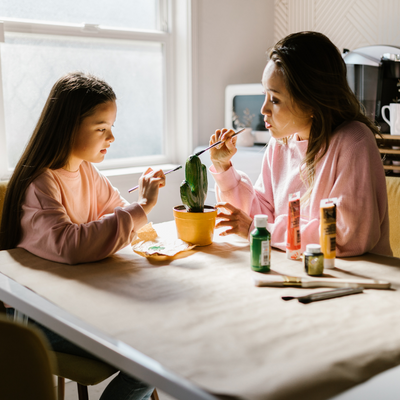
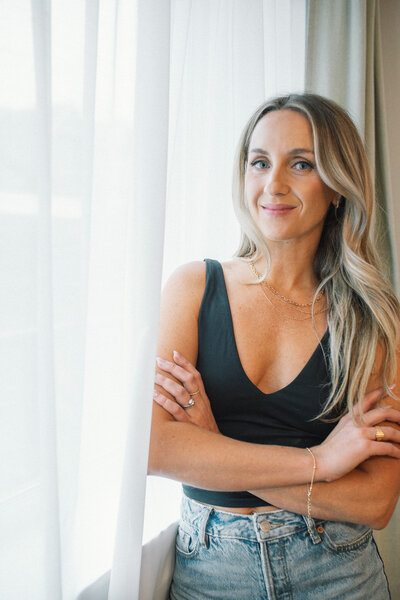


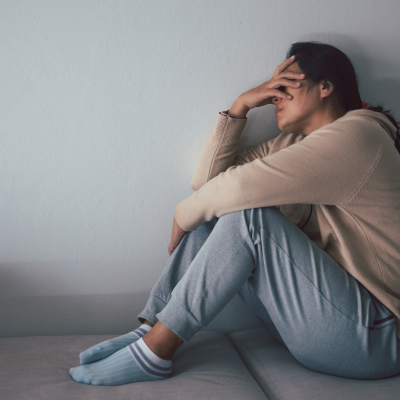
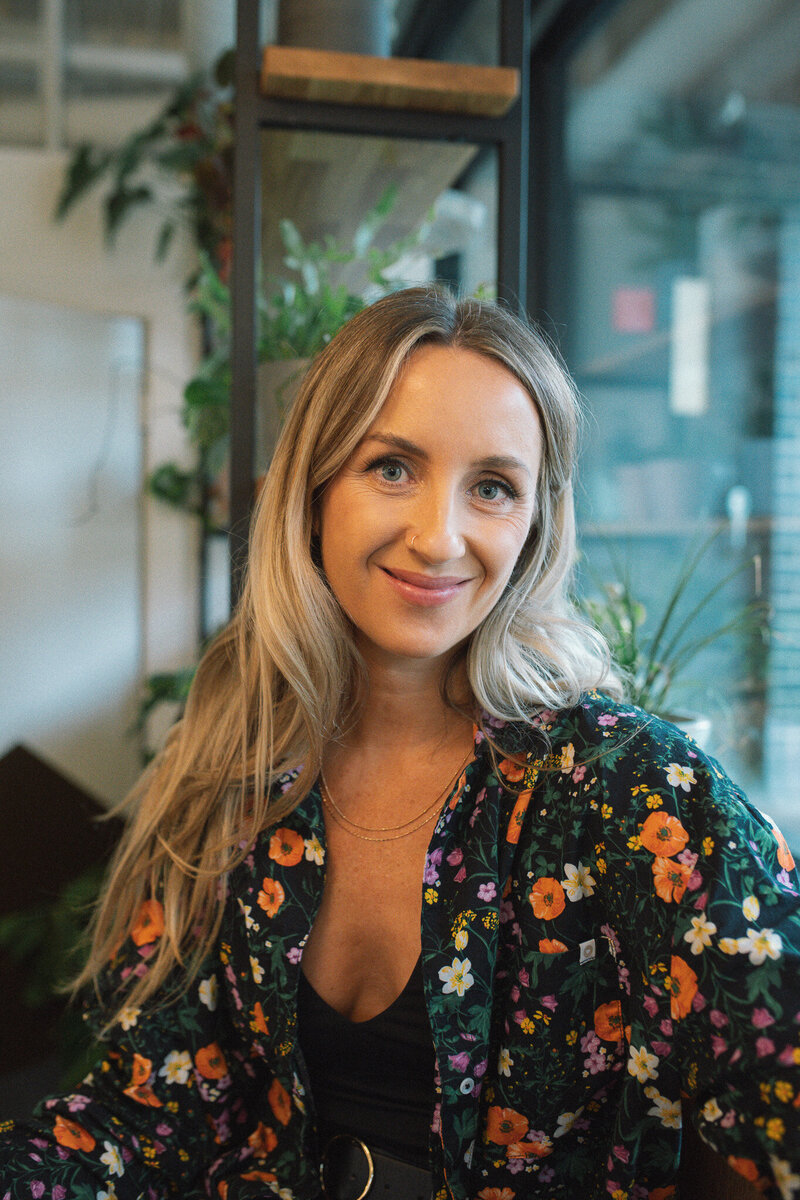
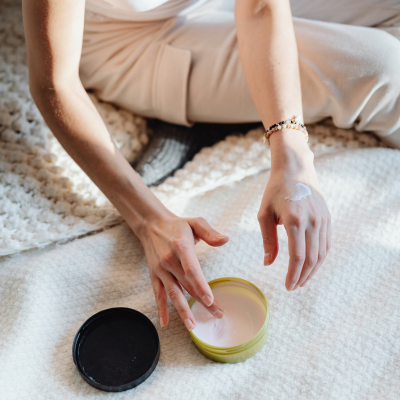
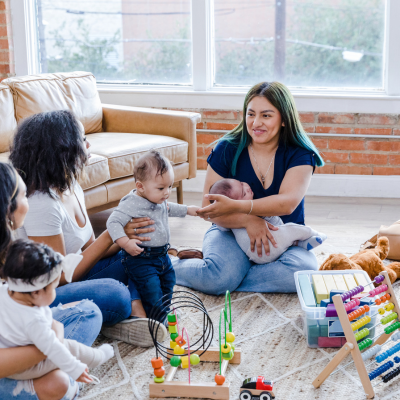








Comments +